Rolls-Royce releasing mtu rail engines for sustainable fuels
Green Car Congress
SEPTEMBER 25, 2022
Hydrotreated Vegetable Oil (HVO or renewable diesel), which is already commercially available today, reduces CO 2 emissions by up to 90%. The release of engines for climate-friendly fuels requires a series of tests and trials and Rolls-Royce has found strong partners for this activity.

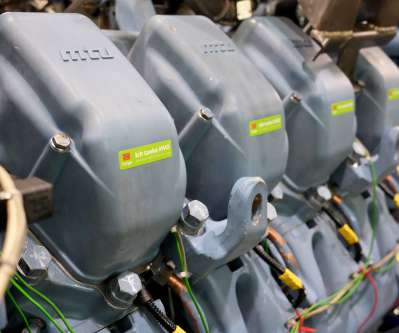
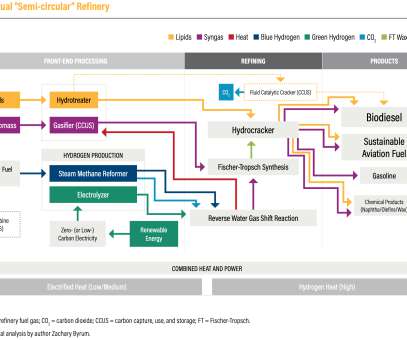
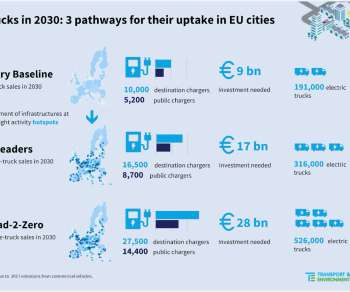
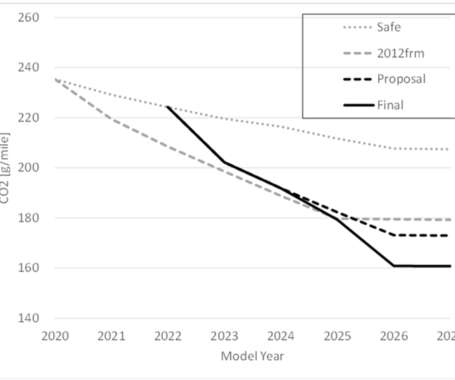








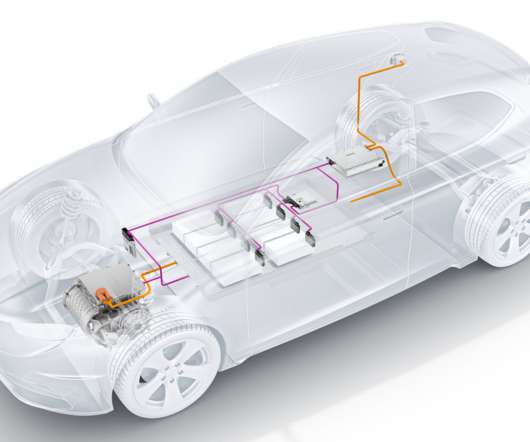










Let's personalize your content